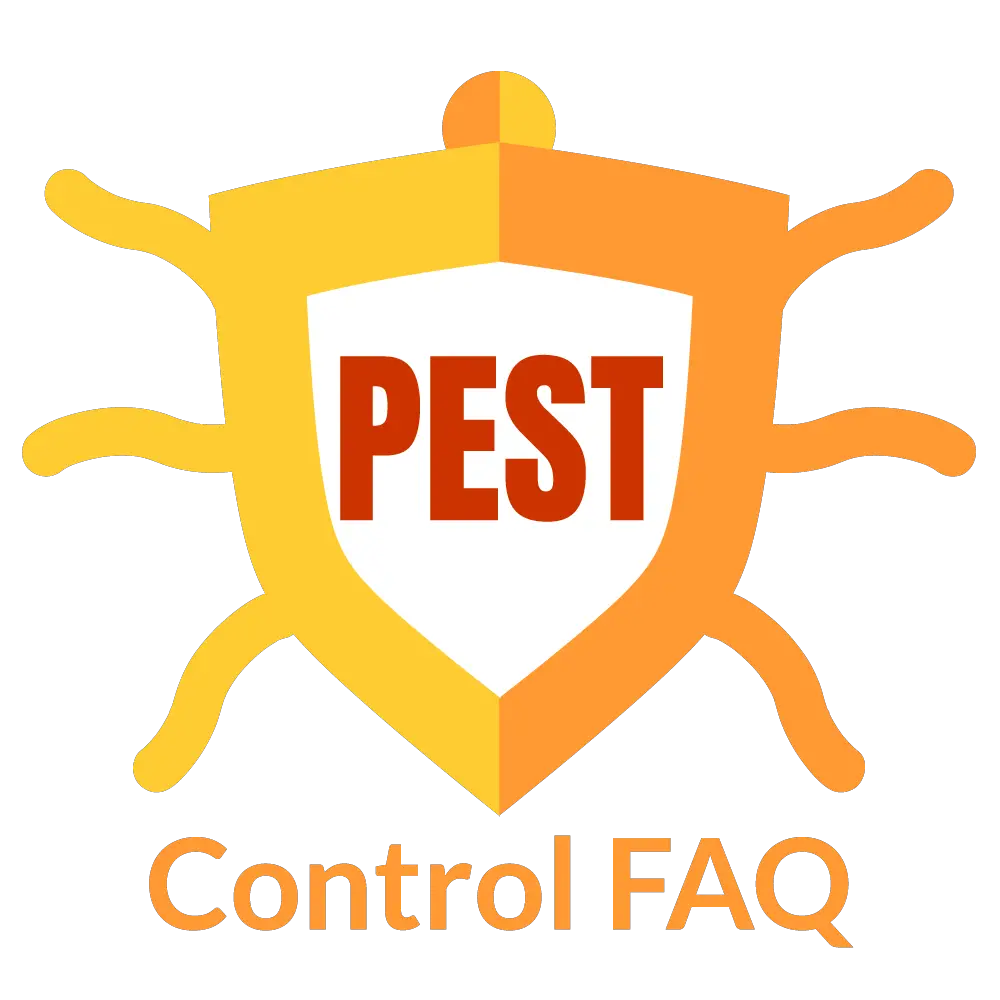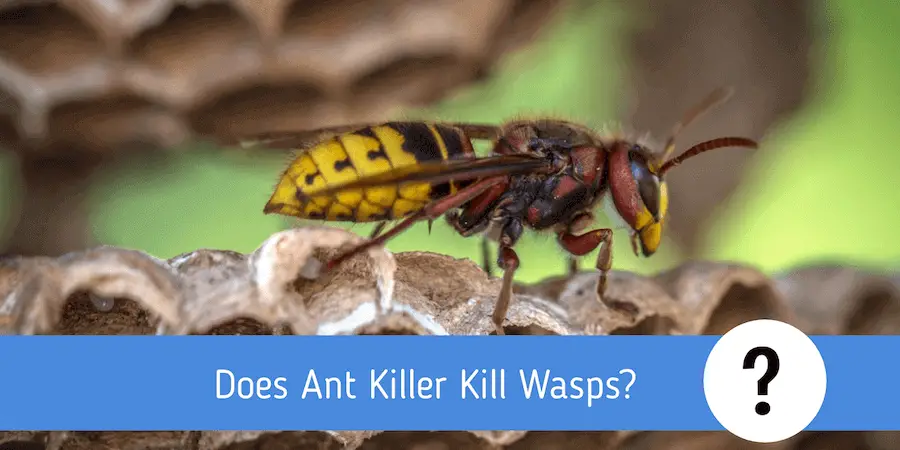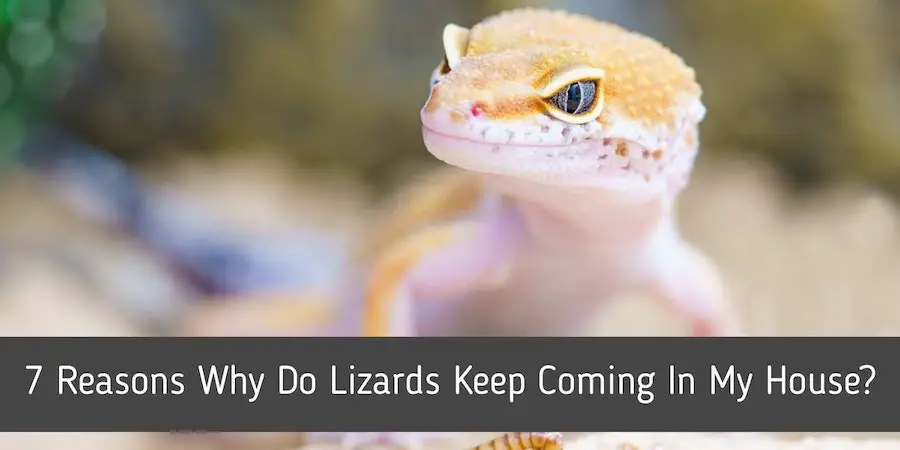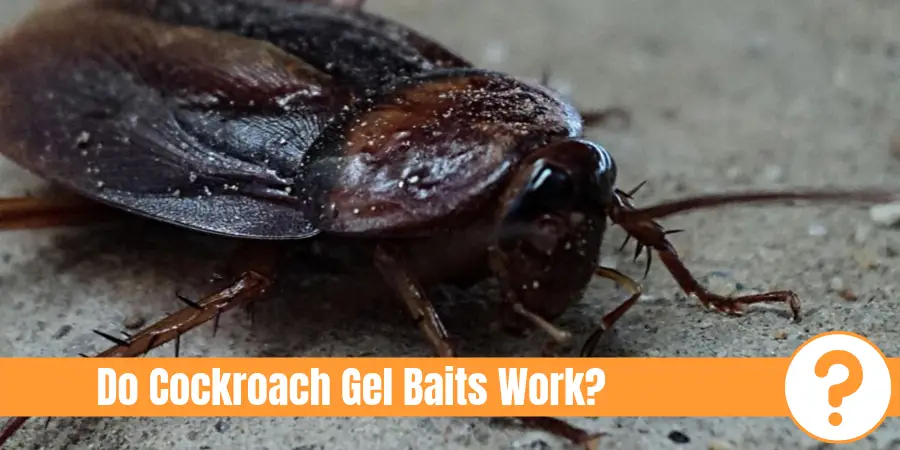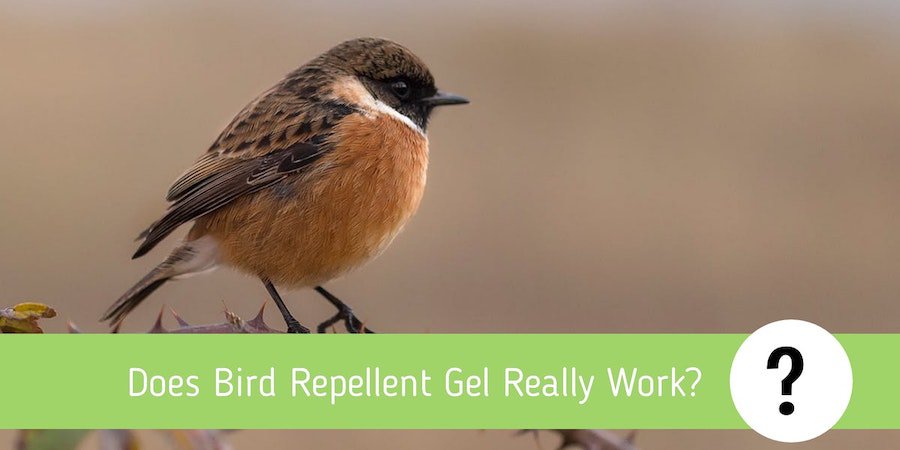Wasps are generally considered as pests especially when they are in large numbers. The majority of wasp types do not have an active role in pollination due to their lack of pollen-carrying structures, however some species have been quite useful as a biological pest control. But because of their aggressive nature and painful, sometimes fatal stings, the presence of wasps have been treated with a lot of negativity.
So, does ant killer kill wasps? Unfortunately, ant killers cannot kill wasps. The contents of ant pesticides are similar to that of wasp sprays, however these ingredients are in smaller doses and is not as effective in exterminating wasps and their nests. It would be better to use a the spray specifically designed for their kind.
In this article you will learn more about the wasp and their purpose in our ecosystem, the dangers of having too many wasps around, and ways you can exterminate these bugs.
want to Skip All the Research? Then Hire a Decent Exterminator In your Area!
Check out our exterminator search tool where you will receive free quotes from thoroughly vetted exterminators in your local area!
Table of Contents
Wasp Overview
It is a common misconception that all wasps are aggressive insects with incredibly painful stings. In fact most of the 30,000 species of wasps are of the non-stinging variety and are more attuned with controlling pests in crop fields.
Although, most wasps types are similar in color to bees, they have a completely different body structure. They have a narrow waist that separates the thorax from the abdomen. They also come in more vibrant shades of blue and red. It is said that the brighter colored wasps belong to the stinging category.
They build their nests out of wood fibers that they have scraped and chewed to a pulp. These dry up and turn into paper-like homes.
Unlike ants and bees that are only found in large colonies, wasps are divided into two subgroups:
Social Wasps
These are wasps that what we commonly know as the colony type. They die out in the winter and restart populating by the springtime with new queens.
Solitary Wasps
The number of species under this subgroup is quite large. They nest in small groups and care for their own offspring. They spend most of their time foraging for food and preparing nests.
In spite of the fear they evoke, wasps are quite beneficial in controlling pest population in the agricultural scene.
What is the Role of Wasps in Our Ecosystem?
As mentioned, the majority of wasp species have no active role in pollination. This is due to the lack of special anatomical features that can hold onto pollen like the fur on bees bodies. However, species like the Pollen Wasps and Fig Wasps are able to transfer pollen through a crop inside their bodies.
Wasps are predators, that being said, they majorly contribute in the elimination of pests in farms. Unfortunately, they also contribute to the endangerment of bees. Beewolf Wasps specifically hunt and feed on honeybees in order to provision their nests.
Signs of Wasp Infestation
Wasps are quite abundant during the summer, which is why it is important to check your home for an infestation before letting your kids out to play. There are three major things to look out for that may indicate that you do have a wasp problem in hand:
Swarming
Social wasp often travel in groups and you may notice them hovering above the garbage or flowering plants. They can easily be identified through their large size and vibrant colors.
Chewed Wood
As mentioned wasps make their nest with wood fiber. Homes with wasp infestations would have holes on wood surfaces. Oftentimes, people would mistake these holes for a termite problem and would treat for that instead of wasps.
Wasp Nests
Depending on the wasp species, their nests would be built in the corners of your home. Once these nests have been identified, it would be best to contact an exterminator in order to remove it. Being highly territorial, removing the nest yourself, may be quite dangerous.
For more information regarding Wasp nests take a look at this article: Do wasps Come Back after a Nest is Gone?
Are Wasps Dangerous?
Being overly aggressive and territorial, wasps will not hesitate to attack humans. Unlike bees, their stingers do not detach and cause them to die after the attack. They can sting you multiple times just to keep you away from their nests.
Social wasps are especially dangerous since they attack in packs, by releasing a certain pheromone, they signal the rest of the colony of the impending danger and more wasps come to reinforce the situation.
Depending on the species of the wasp, their stings can be dangerous due to the venom they carry. Whereas, some people who are highly allergic, can die of an anaphylactic shock. Based on statistics from National Geographic, some wasp species have been documented to kill about 40 people a year.
If you have a wasp nest near your house or garden, the wisest decision would be to get rid of them to ensure the safety of you and your family.
Active Ingredients of Ant Spray and Wasp Spray
Surprisingly, ants, bees, and wasps fall under the same order. Which why a lot of people assume that ant spray would be effective in exterminating wasps. Ant and wasp spray both contain:
Pyrethrum
The active ingredient responsible for paralyzing insects upon contact. It has no effect on humans but is highly effective in killing any insect type.
Prallethrin
Generally used to control mosquitoes, this active ingredient is highly toxic to bees, wasps, and fish. However there is no evidence of toxic effect on mammals and birds. Wasp killers in particular contain a high amount of this agent in order to effectively clear out their nests and colony.
Cypermethrin
Is a fast-acting neurotoxin that is quite effective on insects. It is a synthetic pyrethroid that was developed specifically for large-scale insecticide use. It is moderately toxic to humans upon skin contact.
Even if both ant and wasp sprays have the same active agents, however the concentration of these ingredients are quite low in content in ant sprays. Wasps are quite strong in nature, and would need a higher dosage of these chemicals to actually be affected. Therefore, we can conclude that the use of ant killers for wasps would highly be ineffective.
Ways to Prevent or Exterminate Wasps
Instead of using ineffective ant spray, here are some chemical and natural options you may use in order to prevent or exterminate wasps from your home.
Wasp Decoy Nests
Being territorial, wasps do not build nests 200 meters within the vicinity of other nests. Most homeowners with wasp problems purchase these decoy nests and hang them in the corners of their homes.
Others opt for a more homemade approach and hang a brown paper bag instead. This method has varied results, some find it quite effective, while others ended up calling an exterminator for help.
Grow Repellent Plants in Your Garden
Plants like thyme, citronella, eucalyptus, and spearmint are natural wasp repellents. By growing these plants in your garden, you discourage wasps from nesting nearby.
Peppermint Oil
According to a study published in the Journal of Pest Management, peppermint oil has been quite effective in repelling Yellow Jackets and Paper Wasps. An effective way to keep wasps away is by simply adding a drops of peppermint oil onto a cotton pad and placing them outside your home or in areas that may be frequented by these pests.
Sugar Traps
Wasp also consume human food and sweet drinks. Creating traps using sugar and water is quite effective in exterminating solitary wasps. This makeshift trap is quite simple to make. All you need is a 2 liter bottle, some duct tape and sugar water.
Cut the top part of the bottle, and place it back onto the body flipping the neck of the bottle upside down. Tape the parts together with duct tape and fill with sugar water. Once the wasps fall in the bottle, they will not be able to get out and they eventually die.
Soap and Water
Homeowners that are quite used to wasps around their home have been using this method to remove the nests around their area. Just by adding two tablespoons full of dish soap onto a spray bottle of water, you have an instant wasp killer. The soap in the mixture clogs their means of breathing and kills them instantly.
Drown Nests
Attempting to do this method may be quite dangerous, it would be best to make sure that you are no allergic to wasps and that you have protective equipment on like gloves, goggles, long-sleeves, and pants.
For this method you would need to get close to the nest and tie a cloth bag over it, then pull the nest out of its spot. The bag should be well sealed in order to avoid being stung by the wasps during the process. The next thing to do is drown the nest in a bucket of water.
Smoke
Wasps breathe using specialized breathing spores, these spores are easily clogged by smoke. By setting a small fire below the nest, wasp will start to suffocate because of the smoke and eventually move out. It may take an hour or two for the nest to be completely empty. Once you are sure there are no more live wasps inside, you may take down the nest.
Specialized Wasp Spray
The advantage of using insecticides that are specially made for wasp extermination is its aerosol strength. Manufacturers of these sprays have engineered the cans to be able to spray up to 22 feet in length, this way you wouldn’t need to go near the nest at all. The high content of ingredients ensures that wasps are killed upon contact. It is the most effective way of exterminating these pests.
Best Wasp Sprays To Get Rid Of Wasps
Conclusion: Does Ant Killer Kill Wasps?
Choosing to be safe around your home is definitely a top priority. Knowing which pests to exterminate and how to prevent future infestations through effective methods can make a world of difference. Unfortunately ant killer does not kill wasps and therefore it would be better to use a the spray specifically designed for their kind.
Related questions
Will ant spray kill termites? Termites and ants are not from the same family, but their anatomical structures are quite similar. Having said so, ant spray will be effective in killing termites. In fact, most insecticides made for ants are used for termites as well and vice versa. (full article here)
Does rubbing alcohol repel insects? Yes, rubbing alcohol can repel certain insects. It is quite effective in killing insects too. By using alcohol around your home, you are discouraging bugs from flying, crawling about or nesting in your space. They will identify the smell of the rubbing alcohol as danger, and will want to avoid it. (full article here)
Does insect repellent expire? DEET-based or picaridin-based repellents don’t have an expiration date. IR3535-based repellents have expiration date usually between 18 and 36 months after it is packaged. (full article here)
